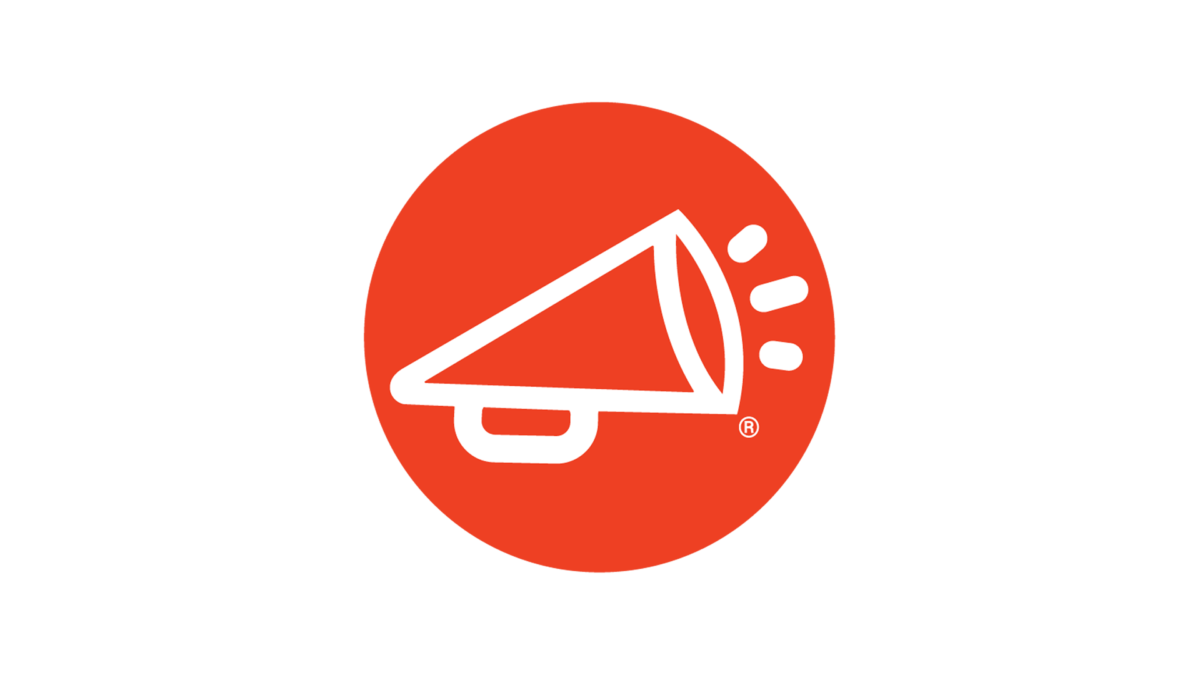

Not that long ago, says employee engagement expert Rick Garlick, the biggest question he faced was, “How can I better engage employees for the purpose of driving my customer satisfaction forward?”
Not anymore. “That’s been replaced by the question, ‘How do I retain my employees?’” he said. “How do I retain my best talent and attract top talent when it seems it’s so hard to do these days?”
Bob Nelson, another expert in the field, agreed. “The number one need in companies today is how do I hold on to employees,” he said. “We’re in a severe shortage of skilled labor even without the pandemic. We already were at a shortage of people given the demographics, and not just people but people who have the skills that you need.”
Dr. Nelson, whose books include Recognizing and Engaging Employees for Dummies, and Dr. Garlick, a consultant who has worked for the Gallup Organization, J.D. Power and others, offered sage advice to address those questions at the monthly WorkProud webinar on February 16.
A video of the entire webinar is available here. Some of the highlights include:


Nelson upped the ante. “I’d say a one-on-one meeting weekly, connecting with each person that works with you to check on how things are going, he said. “Then that becomes part of the ongoing relationship you’ve got with your manager.”
Garlick said his research has found that although compensation “is a form of recognition, people will sacrifice money for meaningful work and a culture they enjoy. I can be proud of my work that I do, but I can take that work somewhere else. The thing we see as most important is the pride they have in their company.”
Nelson concurred. “You’ve got to be proactive, not reactive,” he said. “Some of the behaviors we know are important to employees, at the top of the list is being told you’re doing good work. There are lots of ways to thank people. You’ve got to get in the game and make that happen…people want feedback.”


WorkProud presents a monthly webinar, hosted by CEO Michael Levy and featuring experts on workplace issues from around the country. It’s always free, and there’s usually a great giveaway just for taking part. Watch for details about upcoming sessions in our monthly newsletter. If you don’t already subscribe, sign up here.
WorkProud is committed to helping its clients create a unified approach to the employee experience by helping them build cultures of workplace pride. Trusted by millions of users at some of the world’s most recognized employer brands, WorkProud delivers a comprehensive approach to building company cultures that inspire people to be Proud of their Work and Proud of their Company.




Every month, we share news, knowledge, and insight into what we believe is a pretty simple proposition: If you are “proud of your work and proud of your company,” you are more engaged, more productive, and more likely to stay with your company for the long haul.
*By selecting “SIGN UP,” you agree to WorkProud’s Privacy Policy. You may unsubscribe from our newsletter at any time. Please note when unsubscribing: it may take up to 10 business days for your request to take effect.